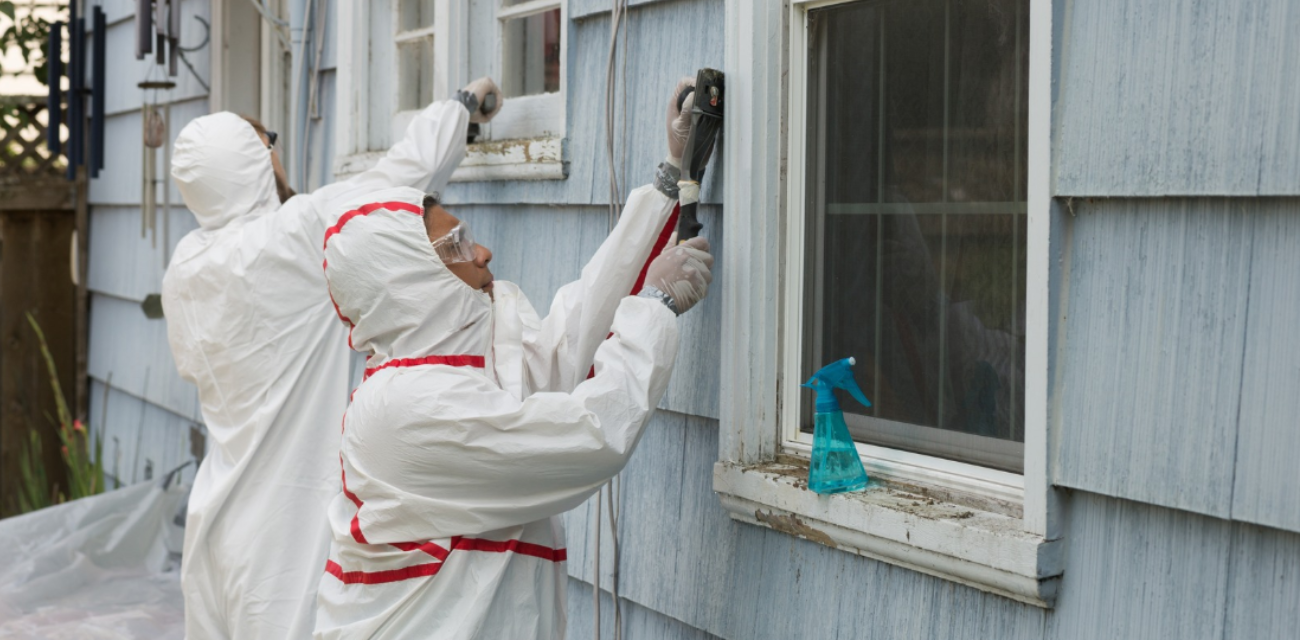After landmark lead laws pass, new bills continue momentum

Authored by
Connect With the Experts

Samantha Pickering
“Historic” was a word advocates used to describe what 2023 meant in the fight to end lead poisoning. Thanks to new, bipartisan laws, all young children will soon be tested for lead, and all schools and childcare centers will soon have drinking water filters installed.
Now, as the State of Michigan prepares to implement those expanded protections, new legislation has been introduced to provide the necessary structural support.
 House Bills 4532, 5368 and 5369 were taken up for discussion Thursday in the Michigan House of Representatives Health Policy Committee. The Michigan Alliance for Lead Safe Homes (MIALSH)—a coalition of nearly 200 advocates, experts and parents—gave its formal support to the legislation.
House Bills 4532, 5368 and 5369 were taken up for discussion Thursday in the Michigan House of Representatives Health Policy Committee. The Michigan Alliance for Lead Safe Homes (MIALSH)—a coalition of nearly 200 advocates, experts and parents—gave its formal support to the legislation.
The Michigan Environmental Council has been the longtime organizer of the coalition.
“As a package, these lead bills will continue to move the needle on preventing lead poisoning in Michigan,” said Mary Sue Schottenfels, consultant the Detroit Lead Parent Advocacy Group and the Ecology Center. “These bills ensure that Michigan’s definition of elevated blood lead levels for children is pegged to the Centers for Disease Control and Prevention’s levels and that all lead poisoned children receive a referral to the valuable Early On Program. Additionally, they will make sure all contractors in the State Of Michigan are certified in lead-safe work practices.”
House Bill 4532 by Rep. Rachel Hood (D-Grand Rapids) would bring under state control the Environmental Protection Agency’s Renovation, Repair and Painting Rule requiring building contractors to be certified for lead-safe work on pre-1978 homes. It would also ensure continued lead prevention funding from the EPA. Together, these policies allow the State of Michigan to cater lead renovations and repairs to the state’s specific needs.
“Seven in 10 Michigan homes were built before lead was banned in paint,” said Melissa Cooper Sargent of the Ecology Center. “That puts thousands of children at risk of ingesting the toxic metal and having their development irreparably stunted. These new bills build off of past progress to make sure any renovations done will be keep kids safe from harmful lead exposure.”

House Bill 5368 by Health Policy Committee chair Rep. Julie Rogers (D-Portage) codifies the elevated blood lead level (3.5 milligrams per deciliter) set by the federal government and the state’s health department. This lower level unlocks better treatment options for more lead-poisoned children. According to the CDC, no amount of lead is safe.
House Bill 5369 by Health Policy Committee member vice chair Rep. Karen Whitsett (D-Detroit) automatically refers children with elevated blood lead levels to Early On services and caseworker services. It will more easily and more immediately start the treatment process and set kids up for better success in their academic lives.
“As more young children are tested for lead as a result of the new law for universal testing, we will likely see more Michigan children diagnosed with a lead level that exceeds the reference level of 3.5 micrograms per deciliter,” said Jane Nickert, nursing manager at Washtenaw County Health Department and board member of Michigan Council for Maternal and Child Health. “These bills will help ensure services and supports are available for families dealing with a child who has an elevated lead level. “
Other MIALSH supporters of the bills include The Arc Michigan, Center for Urban Responses to Environmental Stressors at Wayne State University, Healthy Homes Coalition of West Michigan, NWF Great Lakes Regional Center, Parents for Healthy Homes and the Environmental Council, the latter of which organizes MIALSH.
MIALSH led a decade-plus-long effort to make universal lead testing law. It will now make passing these three bills among its top priorities. Its advocacy efforts will culminate in its marquee event, Lead Education Day, at the Michigan Capitol in on May 7 and 8, online and in Lansing, respectively.
Discover
Power environmental change today.
Your gift to the Michigan Environmental Council is a powerful investment in the air we breathe, our water and the places we love.
Sign up for environmental news & stories.
"*" indicates required fields




